Unity Revenue Thresholds: Fairness in Game Development
Unity New Runtime Fee Policy: Clearing the Confusion
Introduction
Unity, a leading name in the world of game development, has recently found itself embroiled in a controversy regarding its new Runtime Fee policy. This policy, announced with intentions to charge developers per game installation, has sparked confusion and discontent within the gaming community. Unity acknowledges the concerns and promises to address them, but the road to clarity has been bumpy.
In this article, we’ll delve into the specifics of Unity’s Runtime Fee policy, the prerequisites for charging developers, and the ongoing efforts to provide clarity. Join us as we navigate the intricate landscape of this policy and the community’s reaction.
Understanding Unity’s Runtime Fee Policy
Revenue and Install Thresholds
One of the key aspects of Unity’s new policy is the introduction of revenue and install thresholds. Games must meet specific criteria in the last 12 months to be subject to the fee per installation. Unity aims to ensure that developers with successful games contribute fairly to the ecosystem.
Policy Implementation Date
Initially set to go live on January 1, 2024, the policy’s launch date has been surrounded by confusion and controversy. Many within the community question whether it will be further postponed due to ongoing discussions and concerns.
Charging Structure
Unity’s policy outlines a charge of $0.20 per install for games with over 200,000 installs. However, ambiguity arises when it comes to the definition of “downloads.”
Unity Response to Confusion
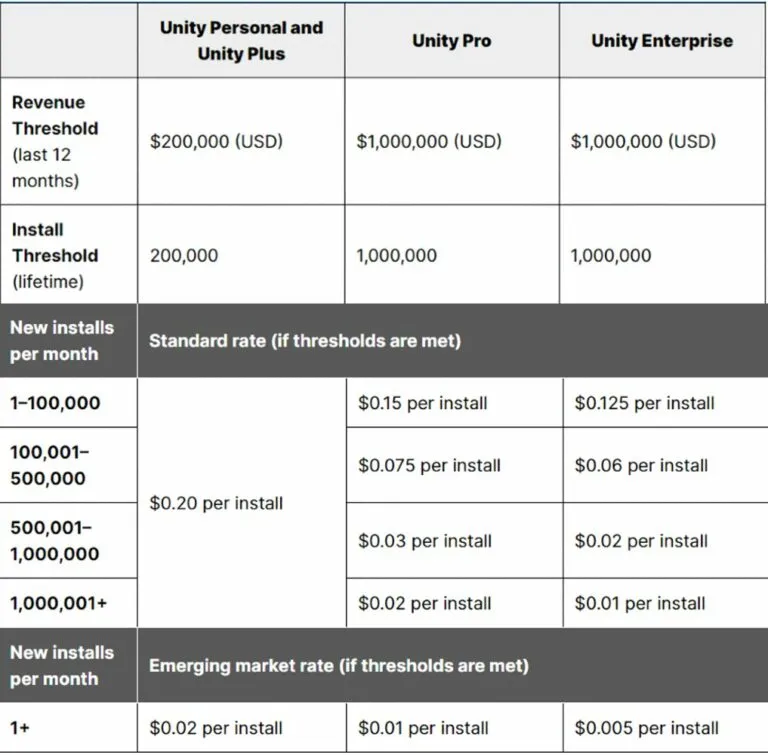
Clarifying “Downloads”
The term “downloads” was a major point of confusion. Unity didn’t specify whether it referred to first-time downloads or if it included returning players who reinstalled the game after uninstalling it. This vagueness led to concerns about multiple charges for the same user.
Unity did attempt to clarify that only new and unique installs would be subject to charges. However, this clarification failed to resolve the confusion entirely.
Community Dissatisfaction
Despite Unity’s efforts to address concerns, many members of the community remain dissatisfied. Some have even called for a complete rollback of the policy. Unity recognized the need for further action to regain the community’s trust.
Unity Commitment to Clarity
Upcoming Update
In response to ongoing discontent, Unity has announced its commitment to resolving the confusion. They have promised to provide an update in the coming days that aims to comprehensively clarify the new policy. This update will be eagerly awaited by developers and gamers alike.
FAQs
1. Will Unity’s Runtime Fee policy affect all games?
- No, only games that meet specific revenue and install thresholds will be subject to the fee per installation.
2. When is the policy set to go live?
- Initially, the policy was scheduled for January 1, 2024, but its implementation may be postponed due to ongoing discussions.
3. What is the fee for each game installation?
- Unity plans to charge $0.20 per install for games with over 200,000 installs.
4. How does Unity define “downloads” in the policy?
- The term “downloads” has caused confusion, as Unity did not specify whether it includes first-time downloads or re-downloads by returning players.
5. What steps has Unity taken to clarify the policy?
- Unity has attempted to clarify that only new and unique installs will be subject to charges, but this clarification has not fully resolved the confusion.
6. Is Unity considering rolling back the policy?
- While some community members have called for a rollback, it appears unlikely at this time. Unity is focused on addressing concerns and providing clarity.
Conclusion
Unity’s new Runtime Fee policy has undoubtedly stirred up the gaming community. With its revenue and install thresholds, launch date uncertainty, and ambiguous terminology, it’s no wonder that developers and gamers alike are seeking clarity. Unity acknowledges the confusion and is actively working to provide an update that aims to resolve these issues comprehensively.
For visual game play and more details check out this video
For more video games news check our home page: Gamingdome.net/home

Hi there, my name is Aymane and I am passionate about gaming! When I’m not playing games, I love to write about the latest gaming news as a writer for GAMINGDOME. I’m always on the lookout for the next big release or exciting announcement in the gaming world. Join me as we explore the world of gaming together!


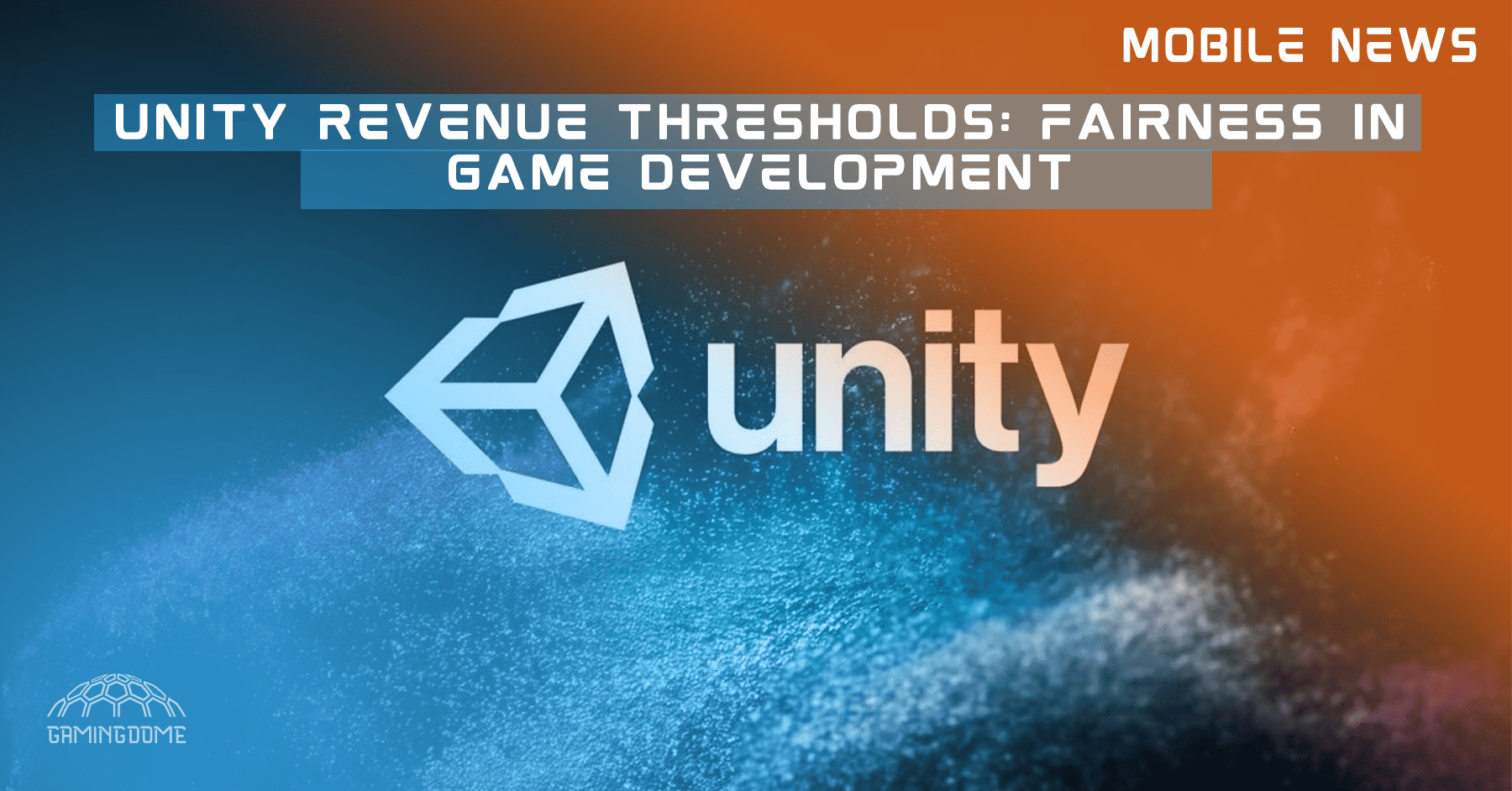
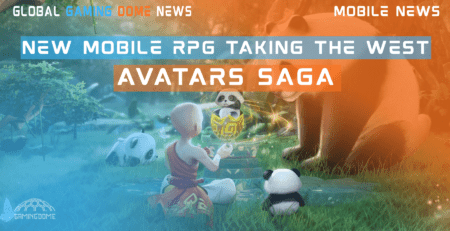


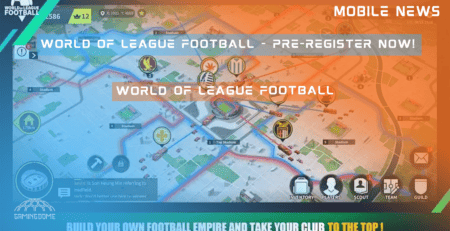
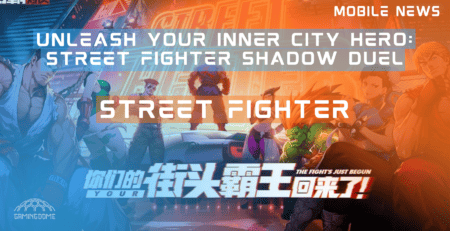
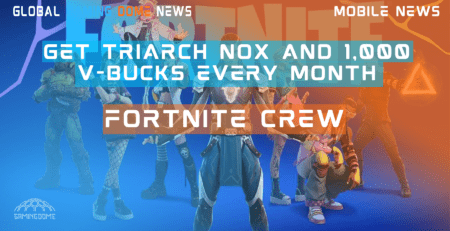
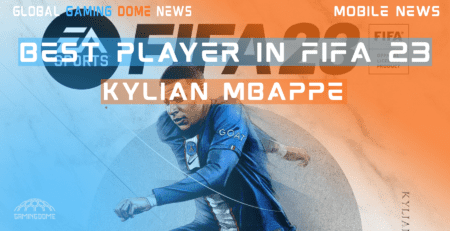
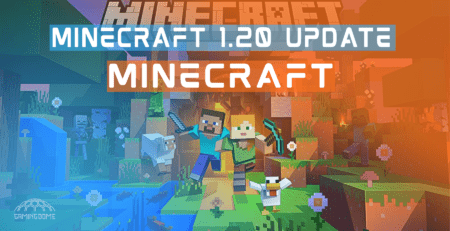
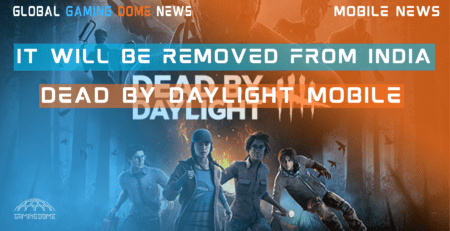




Leave a Reply